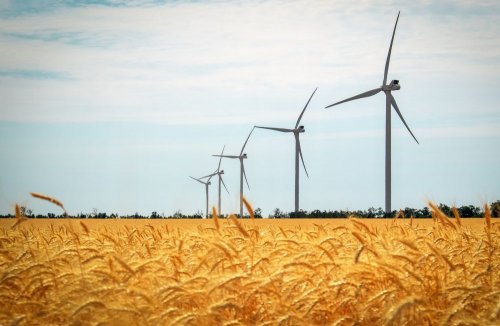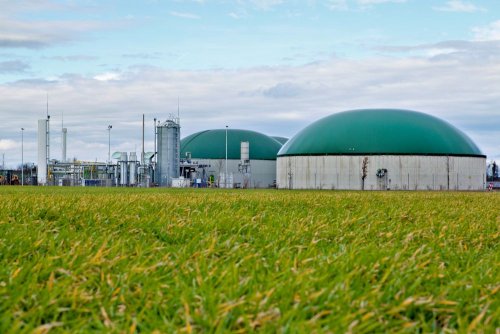The European Commission has selected 134 transport projects that will receive more than €7 billion in grants from the Connecting Europe Facility (CEF). About 83% of this amount will receive projects aimed at achieving EU climate goals, as well as improving and modernizing the network of railways, inland waterways and sea routes along the trans-European transport network (TEN-T).
The corresponding message appeared on the website of the European Commission.
It is noted that environmentally friendly railway projects will receive 80% of the €7 billion.
About 20 seaports in Ireland, Spain, Finland, the Netherlands, Germany, Malta, Lithuania, Cyprus, Croatia, Greece and Poland will receive support to modernize infrastructure, some of which will allow them to supply electricity to ships from shore or transport renewable energy sources (RES).
Inland ports in Austria, Germany and the Netherlands will also receive funding so they can continue to contribute to Europe's network of rivers and canals for sustainable transport.
Several selected projects will increase the capacity of the "Ukraine-EU solidarity lanes" created to facilitate imports and exports between Ukraine and the EU. These projects include:
- improvement of road and transport infrastructure at border crossing points between Ukraine, Moldova and Romania;
- work on increasing the capacity of the railway border crossing between Hungary and Ukraine;
- a new section of the road in Poland, extending it to the border with Ukraine;
- research and work on the integration of the Ukrainian railway system into the EU.
The announcement also states that the updated TEN-T Regulation will enter into force on 18 July, promoting sustainable modes of transport, digitalisation and multimodality, while addressing climate challenges and military mobility.
In March 2023, EcoPolitic reported about the EU's intention to decarbonize maritime transport thanks to the use of renewable fuel.
Later, in September of the same year, we told that The EU is investing €352 million in 26 infrastructure projects to create an environmentally sustainable transport network.





